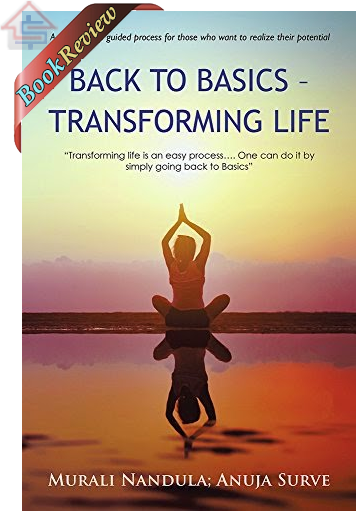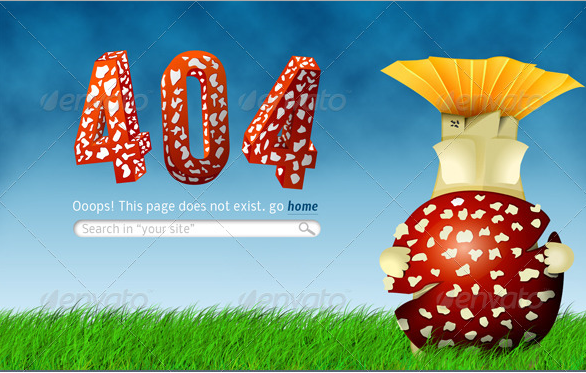 There comes a time in everyone’s life where we tend to glide towards being receptive to our inner voice. Some do it early, some a bit later. But, nevertheless the universe makes sure that we heed to our inner voice at least once in our lifetime.
There comes a time in everyone’s life where we tend to glide towards being receptive to our inner voice. Some do it early, some a bit later. But, nevertheless the universe makes sure that we heed to our inner voice at least once in our lifetime.
Popular media addresses such introspections as “stop to smell the roses” or “take stock of your life goals”. Those who have been-there-done-that on this self evaluating exercise will confirm that, the revelations have been life changing.
The author projects a project-management-approach to ‘a’ life. Should we consider every living being as a project, then the very life of the being is a project in progress. Even though he does not apply project management principles per se, you tend to see some striking similarities.
Self confessed reading enthusiast, and having read innumerable religious, philosophical and motivational texts, in the traditional and modern order, the author begins with the belief that the principles that govern our life can be classified under 6 major heads.
- Design and purpose
- Order and rhythm
- Abundance
- Freedom
- Oneness
- Responsibility
Murali Nandula also brings forth the stages of development (in the biological sense) such as the infancy, toddlerhood, adolescence, young adults, middle age, and the senior years. It appears that the intent was to philosophically attune the reader’s mindset with the traits specific to these growing stages. However, it gets a bit too literal and does not generate the desired effect. The anecdotes still make a great read.
After reading the book from cover to cover, I was left with an overwhelming feeling of having read a compiled version of an assumingly large volume of self-introspection-epic-saga. The references to the works of other philosophers (Maslow, Blanchard, Miller, Caslow, Muller & popular religion) overshadow the conclusive thoughts of the author. This is bad, because we don’t get to listen to the author’s voice, instead just popular quotes resonating into our minds. This is good, because very few of us can afford the luxury of time to quench the innate desire to read voraciously, while taking part in the rat-race that we call profession / business.
That said, I personally see an underlying message in the way Murali Nandula has gone about structuring this book. The way we live today, is but the compilation of experiences until yesterday, with the lessons for tomorrow. By quoting popular beliefs, cultures, religions and creations of other authors, the author emphasizes our innate urge to look back into our experiences of the past, derive lessons for tomorrow and act for today.
In a nutshell, the book, “Back to Basics – Transforming Life” by Murali Nandula & Anuja Surve gives a step by step DIY approach (with worksheets at the end of every chapter) to self-evaluation, to those in the fast lane, who cannot afford the luxury of time to read multiple authors on the same subject. After all, fast food is food too; and for some of us, this is survival-food. In that order, this book is a good start for time-strapped philosophy enthusiasts.












 Getting lost is a scary thing.
Getting lost is a scary thing.















 Well, Don’t we all dread the this time of the year, when every publication (print, online or otherwise) is flooded with write-ups (.. shout-outs..) on Income Tax planning, Income Tax savings, Income Tax computations, Income Tax Returns etc etc. It so seems, the universe wants us to explicitly remember that it is TAX-Time, and no escaping at it.
Well, Don’t we all dread the this time of the year, when every publication (print, online or otherwise) is flooded with write-ups (.. shout-outs..) on Income Tax planning, Income Tax savings, Income Tax computations, Income Tax Returns etc etc. It so seems, the universe wants us to explicitly remember that it is TAX-Time, and no escaping at it.